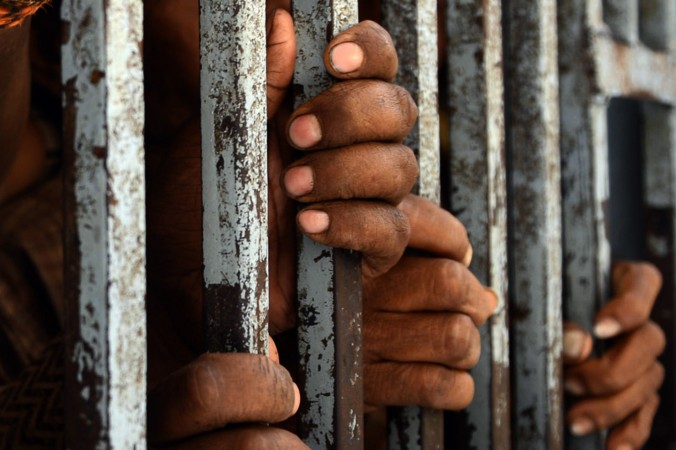DEA Refuses To Support Modifying Minimum Sentences
The head of the Drug Enforcement Administration is refusing to support a bill backed by the Obama administration that would modify mandatory minimum sentences for federal drug crimes, putting her at odds with her boss, Attorney General Holder. He hopes to make the bill, the “Smarter Sentencing Act” a centerpiece of his legacy.
Sign the petition here.
As DEA Administrator Michele Leonhart explained, “Having been in law enforcement as an agent for 33 years, [and] a Baltimore City police officer before that, I can tell you that for me and for the agents that work for DEA, mandatory minimums have been very important to our investigations. We depend on those as a way to ensure that the right sentences are going to the... level of violator we are going after.”
Administrator Leonhart, appointed by Bush a Deputy Administrator of the DEA in 2004 and served as Acting Administrator of the DEA in 2007, was appointed by President Obama as Administrator in 2010 over the objections of many drug policy reformers. She has been at the DEA since 1980.















